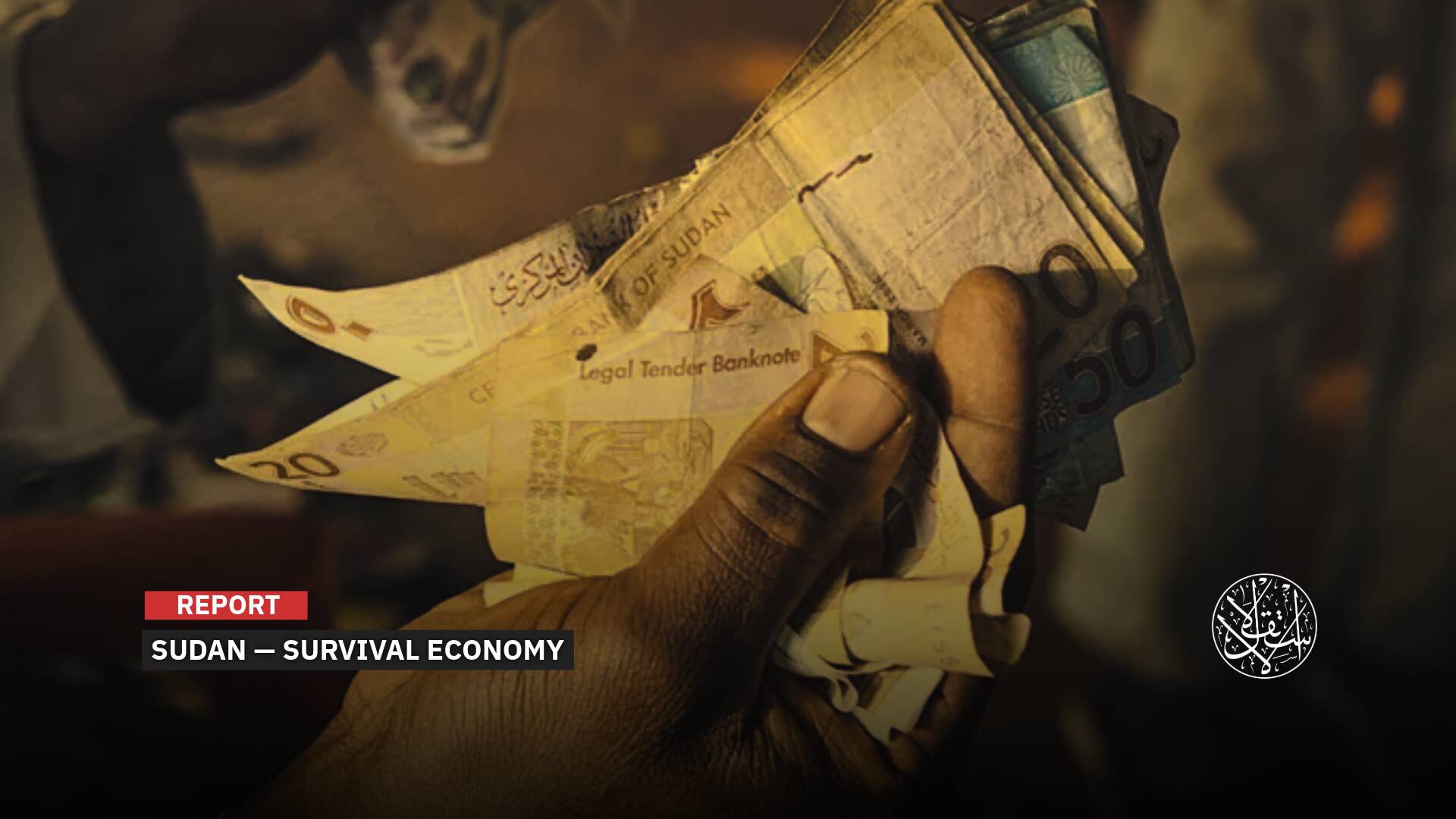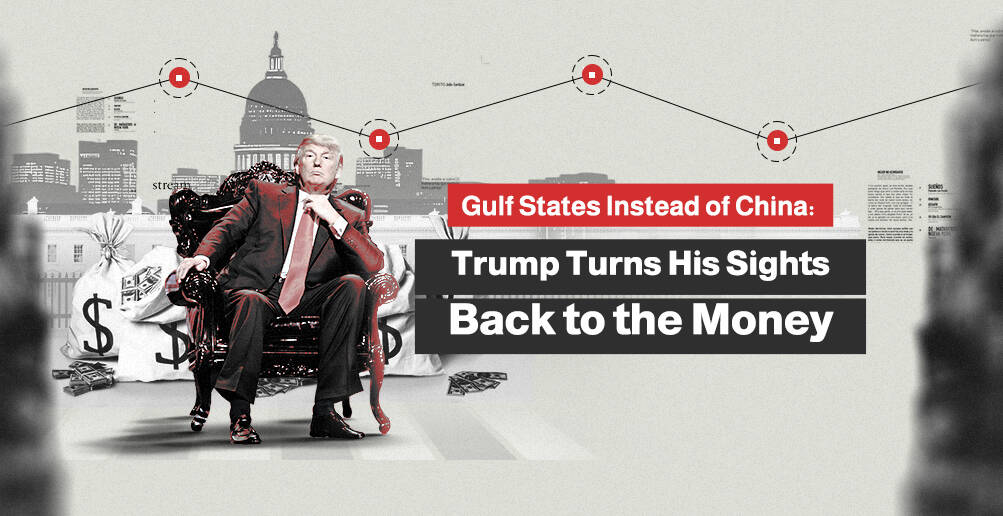Post-world Cup Depression: Factors Behind the Disturbing Distress Experienced by Football Fans at the End of the World Cup

Every 4 years, the World Cup stands at the center of people’s attention worldwide. Its competitions become the most prominent event that controls their daily lives. With the end of the largest and most famous football tournament that lasts for about a month, experts and mental health specialists warn that many World Cup fans might be exposed to long-lasting periods of sadness that could be called Post World Cup depression.
Psychological and social experts indicate that this is mainly due to football fans getting used to a semi-daily, enthusiastic, and renewed lifestyle based on suspense, competition, breaking monotony, and unloading emotional charges in the context of a football struggle based on enjoyment and creativity.
They pointed to the need for balance, controlling emotions, not being overly aggressive, and being drawn away from the regrets and grumbling of some fans. Experts emphasize that it is necessary to focus on returning to their usual lifestyle while searching for enjoyable and useful hobbies and activities, which dispels their feelings of alienation and boredom at the end of the World Cup.

Back to Monotony
In an interview with Al-Estiklal, the researcher in psychology at Bahcesehir University in Istanbul, Ghita Ghaiati, said: “Post-World Cup depression is a common psychological distress for many football fans. It is not recognized as a disorder in DSM 5. Yet, many suffer for about one month from moderate to severe symptoms of depression at the end of the World Cup because of their daily interaction with that game and their strong attachment to it.”
There are many reasons behind this distressing disorder. First, in light of the monotony of daily life and its often dull routine, the brain needs activation and stimulation, and here the football game, with its anticipation, excitement, and screams, removes the brain from its daily preoccupation with life’s concerns, and refreshes it with the emotions and instructions it causes by secreting stimulating hormones.”
She added: “A second factor is the person’s need to identify with the winners in the sense that the person represents an attribute of the other in order to transform entirely or partially in his likeness, or to merge with them completely and become both—the fan and the team—as one.
“This is what happens in many cases with the fans, who are possessed by a state of hysteria that charges the center of emotions in the brain with an outpouring of hormones pushing the person to express a sense of pride, release violence, and vent pent-up aggression with behaviors, including undressing and dancing with joy in victory, while the defeated feel frustration, grumbling, crying, and withdrawal.”

Sadness in Qatar
Video clips and satirical snapshots are spread on social media, depicting the condition of residents of the State of Qatar, expatriates, and residents, as well as the condition of followers around the world. After the Qatar 2022 World Cup, many were afflicted with what might be called Post-World Cup syndrome. Nobody wants this event to end. There is a kind of sadness hanging over the audience.
This sadness, or perhaps depression, has its name and its scientific explanations, as the person feels lost after the end of a global event of this importance. Symptoms include redness in the eyes, a general feeling of lethargy, loss of appetite, and a tendency to binge-watch television to make up for the end of the World Cup.
The India Times explained that during the FIFA World Cup, everyday sports fans have something to look forward to, but this feeling suddenly ends, leaving a sense of hopelessness and emptiness. Fans around the world may suddenly not know how to get back to routine after a month of fun and excitement.

How To Deal With It?
To answer Al-Estiklal’s question on how to deal with the distress, the psychologist Ghita said: “Don’t self-isolate because staying home and avoiding people won’t help you. You should meet friends who share the same passion for football as you.”
It is necessary to avoid ignoring work or study. Returning to the right track of duties, whether it is related to study or work, is a wiser choice. It is recommended to avoid re-watching matches. This obsession will not help get out of sadness. Most importantly, remember that you had a life before the FIFA World Cup and have to get back to it.
The most vulnerable people to this type of depression are mostly those who have serious personal problems at work, studies, or at home. At the end of one month of excitement, the person returns to reality, and his daily routine, in a free fall that may have dire consequences.
The Moroccan Hesport obtained testimonies from some fans who are passionate about football, who unanimously agreed that they found it difficult to adapt to daily life after the World Cup, after they lived a month with excessive doses of excitement and suspense, especially with the continuation of the Moroccan national team’s adventure in the 2022 World Cup until its end.
Karim Benkirane, a specialist in psychology, considered in a statement that people who are at risk of developing post-World Cup depression are already a fragile ground for depression as a result of the accumulation of certain conditions, such as failure and inability to achieve goals and other cases. Fatigue and sadness prevail in the person concerned, so they become vulnerable to post-World Cup depression at the end of the world football festival.
The same psychologist confirmed that the World Cup made a large group of people enter a shell of enthusiasm, emotions, and positive feelings, thereby forgetting their problems temporarily, before they found themselves forced to return to reality after the end of the World Cup, adding: “This return to reality is difficult for some.”
The psychoanalyst stressed that post-World Cup depression is not the ultimate end for all fans. “Of course, there are those who see the World Cup as a way for joy and a means to forget the daily problems, and at the end of the tournament, they return to their harsh reality without any complications.”










